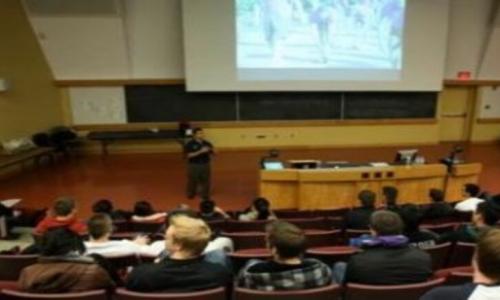
In the summer of 2008, I worked 40 hours a week while going to school with a full course load. Managing time was essential to getting things done. I often struggled to juggle my extensive workload with all the pressure of meeting deadlines (work projects, school, and exams). It was a great experience, but a tough one to accept when I saw my grades take yet another tumble. It was even tougher when I saw my friends enjoy the summer weather at the beach while I was either making up time at work or studying at home.
When I realized how much I had on my hands, I decided to look for ways to start doing less. I knew the right thing would be to complete all my tasks, but I took the easy route of making excuses and diverting attention away from me when it was my turn to provide updates. I still remember making all those broken promises to complete meaningful tasks, and how naïve and childish it now feels. Instead of being a productive addition to the team, I became known as the student who had a tough time prioritizing his schedule. Even though it wasn’t spoken in the office, I could feel my coworkers’ lack of trust towards me in the way they spoke.
I was disappointed with the results of both my job and my academics that summer. I didn’t want to be known as a selfish person, and cringed at the thought of other people being negatively affected by my inability to prioritize. I needed to be better. I needed to understand the proper way to utilize my strengths. In the end, it’s about the customer. It’s about the clients. I need to remember that while I have to put my strengths to work, I am here to serve, not to self-actualize.
The most successful people improve their own lives by improving others’ lives. They help their customers solve their problems. They give clients something they didn’t’ know they were missing. Their energy, talent, and brainpower are focused outward, not inward. Michael Jordan wouldn’t have won six NBA Championships alone – he helped his teammates and made them better players on the court (enough to earn 5,600 career assists).
I would not be the same person today if I hadn’t learned from those worthwhile experiences three summers ago. It is now my goal to help bring the most out of my colleagues and peers to help our team succeed. I let go of my pride and ego and help the boss look good! It’s what you would call a “Win-Win situation.”
Bunko quote of the day:
“The most valuable people in any job bring out the best in others. They make their boss look good. They help their teammates succeed.”
















